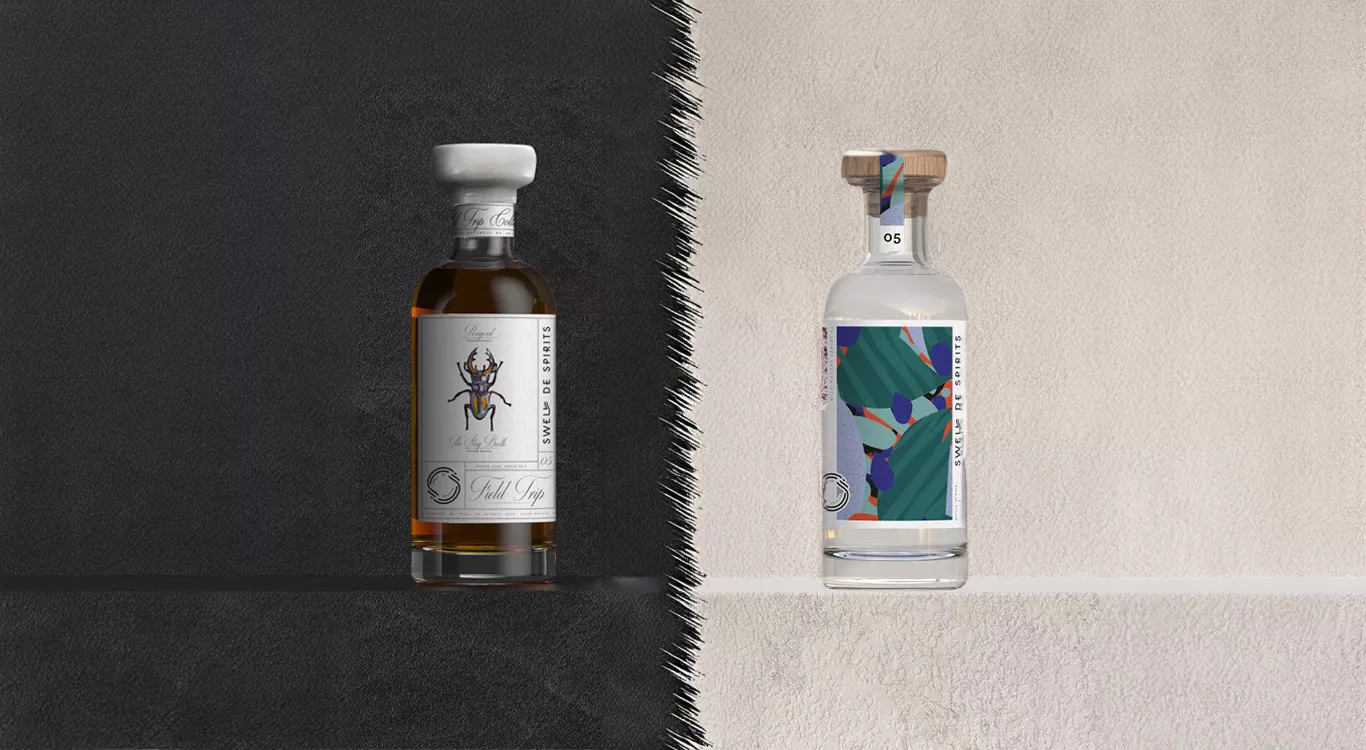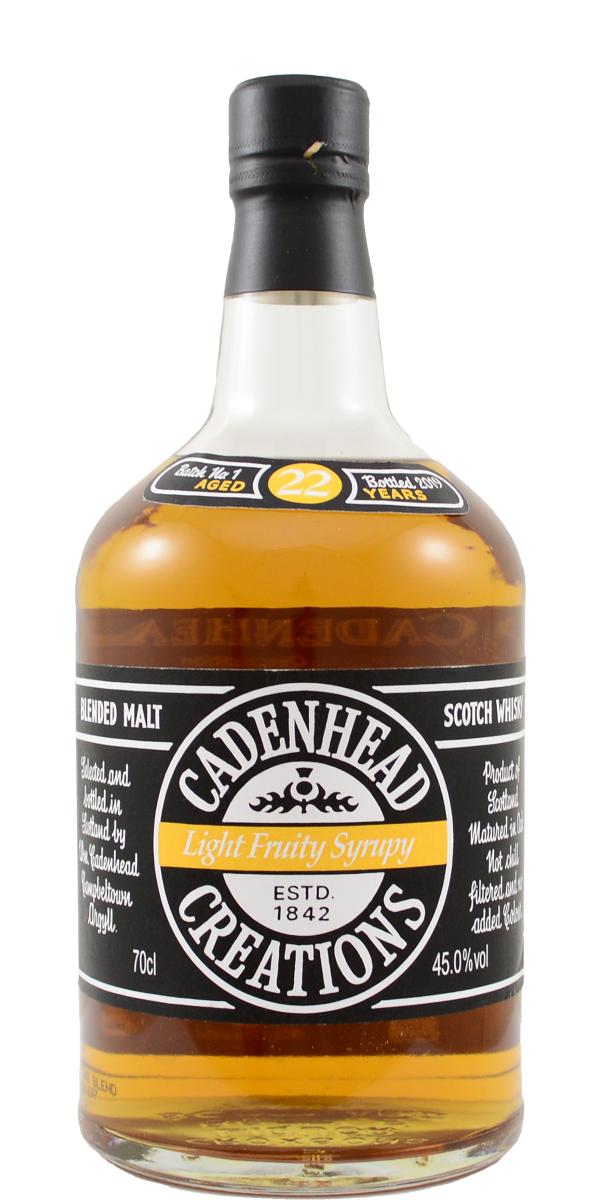During my few days in London a few weeks ago, I went twice to the absolutely fantastic Melody Whisky Bar, and treated myself the first time to a Closed Distilleries flight, and the second time other few closed distilleries as well as some unicorns. I took detailed tasting notes whilst taking the time to study these whiskies from now silent stills (for most of the whiskies I tried there), and so now I’ll put those notes down on those pages. Whilst all of these whiskies might not be as good as the melancholy for silent distilleries would want them to be, these are witnesses of other times and stories and as such, deserve respect and attention. And as you’ll have guessed, we start with this Glenesk 1980 from Gordon & Macphail this series of reviews of whiskies from closed distilleries.
Glenesk Distillery
Over its century-long story, Glenesk has had many names. In 1897, James Isles, a Dundee wine and spirit merchant, founded Highland Esk on the site of a former flax mill just east of Hillside in the Highland. But the next year, Isles sold his share of the distillery to his business partner, Septimus Parsonage. Parsonage in turn sold the distillery in 1899 to J.F. Caille Heddle. Highland Esk became then known as North Esk, its first name change amongst many. The distillery ran until the start of the First World War, then closed until 1918.

The year after, in 1919, as a fire burnt part of the distillery, it reopened but was subsequently used as maltings . It did for 20 years, and in 1939, after having been bought by Associated Scottish Distilleries the year before, the distillery was converted to a grain distillery. It changed names once again, this time to Montrose. Like 183% of the distilleries from Scotland (I need to check my sources about this number so don’t put too much trust on it), it was bought by DCL, in 1953. DCL converted the distillery back to malt in 1964 and guess what? It was renamed again, as Hillside.
1970 would see the installation of a drum maltings, and 1980… yes, another name change, the last one: Glenesk. But in 1985, Glenesk distillery would cease operation but continue as a maltings, acquired in 1997 by Greencore Maltings Group. The distillery part has been demolished and left the place to housing, but the maltings still continue to live as part of Greencore and has even been expanded.
Glenesk 1980 Gordon & Macphail Review
This Glenesk was distilled in 1980 and matured in oak casks (no mention of the type of liquid held before in these casks) before being bottled on the 30th of July 2014. No mention of the number of casks either, by the way. 551 bottles were filled out of batch RO/14/04. They were bottled at 46%, without being chill filtered nor colouring. Some bottles are still available, expect to pay from €850 in Germany and starting at £850 at The Whisky Exchange up to a stupid £2500 at The Whisky Barrel. Seriously…

Colour:
Deep gold.
Nose:
Even with time, the nose is far from being excessively expressive, far from it. Herbal and floral notes come first to mind, with soft vanilla and honey. This is quite austere. There is some minerality with flint and faint notes of apricot and peach.
With water, I was not able to detect changes to the nose.
Palate:
A bit plain on the palate, with a slightly creamy mouthfeel. There’s some spiciness, chocolate, a wee bit of smoke and some oaky notes as well. This is quite citrusy as well, with a lemony/grapefruit sourness.
Water brings tea leaves and some bitterness.
Finish:
Medium, with a citrusy sourness, herbal notes and the sensation of licking oak.
Comments:
When I ordered my flight I must admit I was quite excited. I knew that if all those lost distilleries closed, it’s probably because they were not selling much, even as stock for blends. So I knew that I shouldn’t get my hopes up. But, even though, when it’s the first time you’re trying something from a distillery, and even more when it’s a closed one, you cannot not be excited, right? Well, I was. Then the excitation went a bit down after nosing this Glenesk, and a bit down again after tasting it. The whisky is good, but it’s not crazy good. It’s not £800+ good (though I know it was not sold at this price at the time. That might have been because the bottle had been opened for some time, and the level was about its last quarter. But even though it was not mind-blowing, I’m very happy I got the opportunity to try something new for me, from a lost distillery I hadn’t tried anything from before. Stay tuned for another review of a whisky from another closed distillery soon!
Rating: 82/100
But don’t trust our word for it…
Ruben from whiskynotes.be reviewed it a few years ago and liked it better than me, go read his review here.



